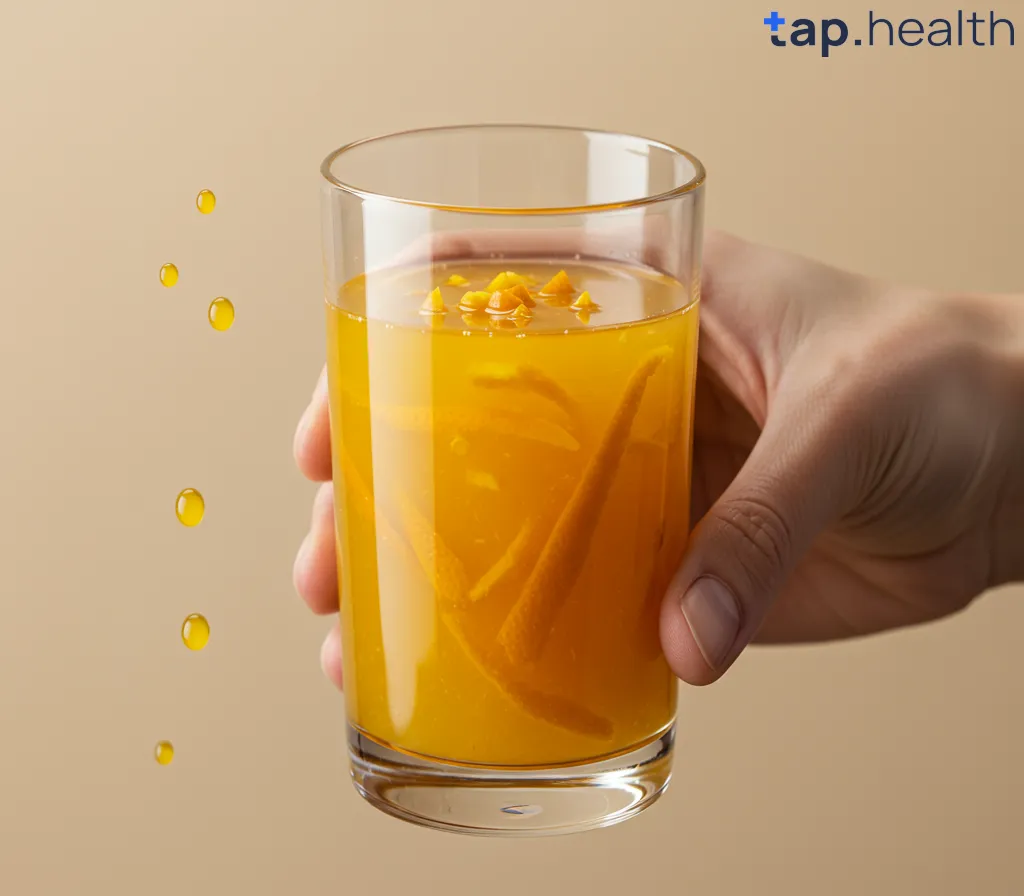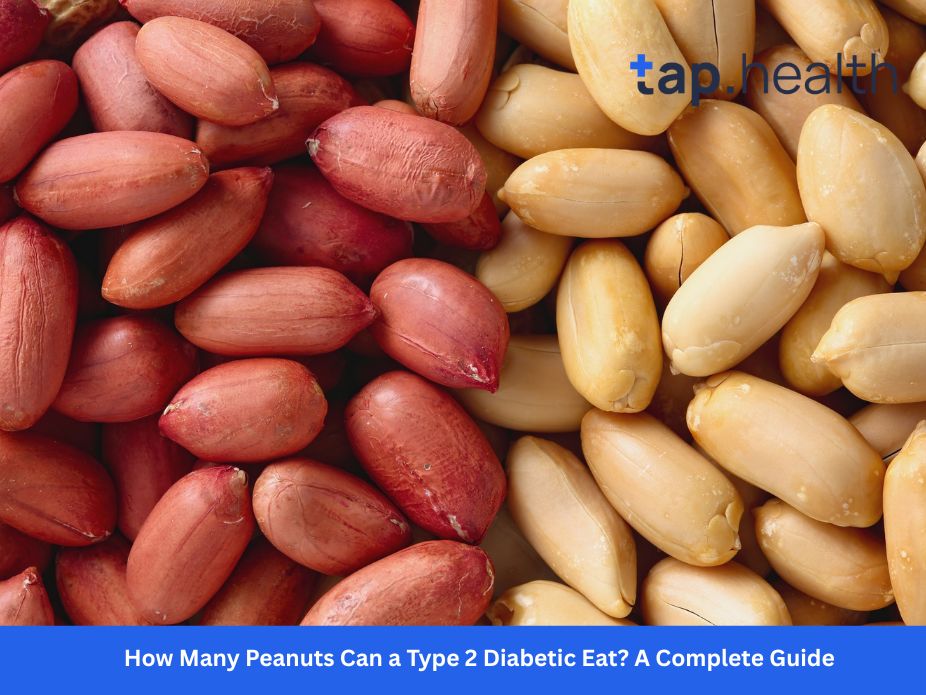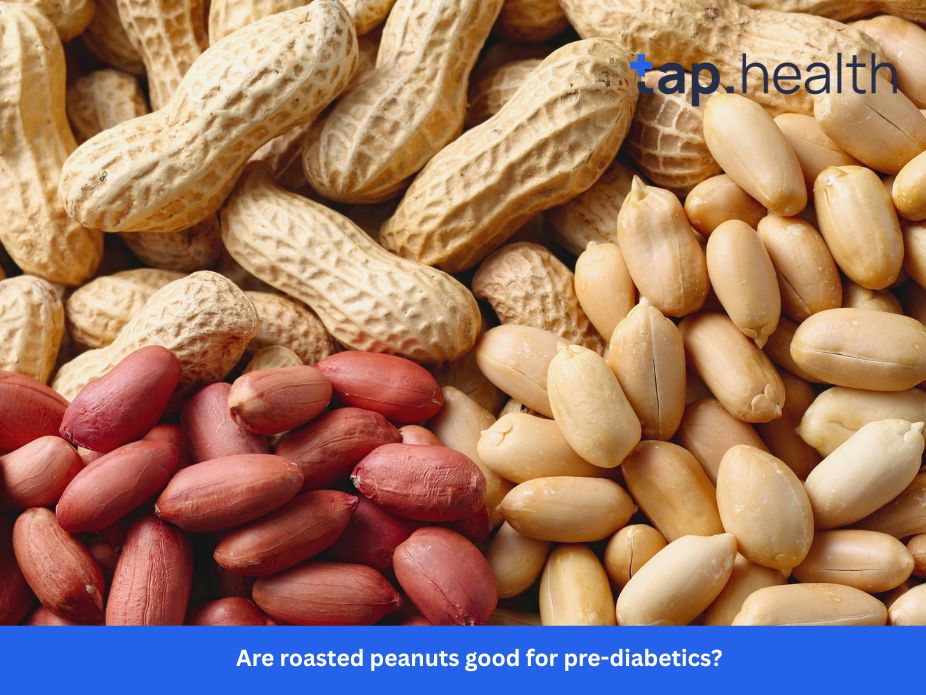Maintaining healthy blood levels is vital for overall well-being. Whether you’re struggling with low hemoglobin, iron deficiency anemia, or simply want to improve your blood health, consuming the right nutrients can make a significant difference. Among the many ways to boost your blood levels, drinking juices made from nutrient-rich fruits and vegetables is one of the most natural and effective options.
In this article, we will explore the best juices to increase blood levels, focusing on key nutrients like iron, vitamin C, and folic acid, which play crucial roles in promoting healthy blood. You’ll also learn how these juices support the production of hemoglobin, the protein responsible for carrying oxygen in your blood, and how they can help you achieve optimal blood health.
Why Are Healthy Blood Levels Important?
Before diving into which juices are good for increasing blood levels, it’s essential to understand the importance of healthy blood and the role it plays in your body. Blood is responsible for transporting oxygen and nutrients to tissues and organs and removing waste products. Proper blood levels ensure that the body functions efficiently and stays energized.
Key Functions of Blood:
- Oxygen Transport: Red blood cells (RBCs) carry oxygen from the lungs to the rest of the body.
- Nutrient Delivery: Blood transports vital nutrients like glucose, vitamins, and minerals to cells.
- Immune Function: White blood cells help fight infections and protect the body.
- Waste Removal: Blood helps remove waste products from metabolism, such as carbon dioxide and urea.
When blood levels are low or when hemoglobin and iron levels are insufficient, the body can become fatigued, weak, and prone to various health conditions.
The Role of Iron and Hemoglobin in Blood Health
The primary components of blood that influence overall health are hemoglobin and iron.
1. Hemoglobin
Hemoglobin is a protein found in red blood cells that is responsible for transporting oxygen from the lungs to the body’s tissues. Low hemoglobin levels can lead to anemia, a condition where your body doesn’t get enough oxygen. Anemia can cause fatigue, weakness, and pale skin.
2. Iron
Iron is a mineral essential for the production of hemoglobin. Without sufficient iron, your body cannot produce enough hemoglobin, leading to iron-deficiency anemia. Iron-rich foods and beverages, including certain juices, can help restore iron levels and improve overall blood health.
What Nutrients Are Important for Increasing Blood Levels?
Several nutrients are vital for increasing blood levels, particularly when it comes to hemoglobin and iron. These nutrients are found in various fruits and vegetables that can be juiced for easy consumption.
1. Iron
Iron is the most crucial nutrient for increasing blood levels, as it is needed to produce hemoglobin. The best sources of iron include leafy greens, beets, and fortified cereals.
2. Vitamin C
Vitamin C plays a critical role in improving iron absorption. Drinking juices rich in vitamin C can help your body absorb iron from plant-based sources more efficiently.
3. Folate (Vitamin B9)
Folate is essential for the production of red blood cells. Low folate levels can lead to a type of anemia called megaloblastic anemia. Folate is commonly found in citrus fruits, leafy greens, and fortified foods.
4. Vitamin B12
Vitamin B12 is another essential nutrient for red blood cell production. It is found in animal products, but plant-based sources often contain fortified foods or juices.
Best Juices to Increase Blood Levels
Now that we understand the role of various nutrients, let’s explore the best juices to help increase blood levels and improve overall health.
1. Beetroot Juice
Beetroot is one of the best vegetables for boosting blood levels. It’s rich in iron, folate, and vitamin C, all of which are vital for blood production.
Benefits:
- Rich in Iron: Beetroot contains iron, which is essential for hemoglobin production.
- Folate: Helps improve red blood cell production and supports overall blood health.
- Nitric Oxide: Beetroot is also rich in nitrates, which improve blood flow and may enhance oxygen delivery to tissues.
Recipe:
- 1 medium beetroot (peeled and chopped)
- 1 apple (for sweetness)
- 1-inch piece of ginger
- Juice of 1 lemon
Blend or juice these ingredients together for a nutrient-packed drink that promotes healthy blood levels.
2. Spinach and Kale Juice
Leafy greens like spinach and kale are excellent sources of iron and folate. These greens also provide vitamin C, which helps improve the absorption of iron.
Benefits:
- High in Iron: Both spinach and kale are rich in iron, helping to increase hemoglobin levels.
- Folate and Vitamin C: Supports the production of red blood cells and improves iron absorption.
Recipe:
- 1 cup spinach
- 1/2 cup kale
- 1 apple
- 1/2 cucumber
- Juice of 1 orange
Juice these ingredients together for a powerful green drink that boosts blood health.
3. Carrot Juice
Carrots are packed with beta-carotene (a precursor to vitamin A), vitamin C, and iron. This combination helps to improve red blood cell production and boosts immune function.
Benefits:
- Rich in Vitamin A: Helps support the immune system and skin health.
- Iron and Vitamin C: Supports healthy blood and enhances iron absorption.
Recipe:
- 3 medium carrots
- 1/2 apple
- 1/2 lemon
Juice the carrots, apple, and lemon for a sweet and tangy drink full of nutrients that can help increase blood levels.
4. Pomegranate Juice
Pomegranate is one of the best fruits for increasing blood levels due to its high iron and vitamin C content. Pomegranate also contains antioxidants that help protect blood cells from oxidative stress.
Benefits:
- Iron: Supports hemoglobin production.
- Vitamin C: Improves iron absorption and supports immune health.
- Antioxidants: Helps protect blood cells and improves circulation.
Recipe:
- 1 cup pomegranate seeds
- 1/2 lemon
- 1/2 inch piece of ginger
Juice the pomegranate seeds and mix with lemon and ginger for a potent drink that can help rejuvenate blood levels.
5. Orange Juice with Iron-Rich Greens
Orange juice is a fantastic source of vitamin C, which aids iron absorption. Pairing it with iron-rich greens like spinach or kale can enhance the absorption of iron from the greens.
Benefits:
- Vitamin C: Helps your body absorb iron more effectively.
- Iron-Rich Greens: Boost hemoglobin production.
Recipe:
- 1 orange (peeled)
- 1/2 cup spinach or kale
- 1/2 cup water or coconut water
Blend or juice these ingredients together for a refreshing drink that enhances blood health.
6. Apple and Ginger Juice
This juice combines the sweetness of apples with the anti-inflammatory properties of ginger. Ginger also aids digestion, while apples provide a good amount of iron and fiber.
Benefits:
- Iron: Apples help support healthy blood levels.
- Ginger: Reduces inflammation and promotes circulation.
- Antioxidants: Protects the blood from oxidative damage.
Recipe:
- 1 apple
- 1-inch piece of ginger
- 1/2 lemon
Juice or blend these ingredients for a delicious and health-boosting drink.
How Often Should You Drink Juices for Increasing Blood Levels?
To see improvements in your blood levels, it’s important to consume these juices consistently. Drinking 1-2 servings of these nutrient-rich juices per day, along with a balanced diet, will support your efforts to increase iron and hemoglobin levels.
While juices are beneficial, they should be part of a holistic approach that includes a healthy diet rich in iron, protein, and vitamins, along with regular exercise and proper hydration.
Tips for Boosting Blood Levels Naturally
In addition to drinking juices, there are other ways to naturally increase your blood levels:
1. Eat Iron-Rich Foods
Incorporate more iron-rich foods into your diet, such as:
- Red meat, poultry, and fish
- Lentils, beans, and chickpeas
- Tofu and tempeh
- Nuts and seeds
- Fortified cereals
2. Increase Vitamin C Intake
Vitamin C helps improve iron absorption. Include more citrus fruits, strawberries, bell peppers, and tomatoes in your meals.
3. Stay Hydrated
Drinking plenty of water supports healthy blood circulation and prevents dehydration, which can impact blood volume.
4. Regular Exercise
Physical activity, especially weight-bearing and aerobic exercises, improves circulation and overall blood health.
Real-Life Scenario
Consider a person experiencing fatigue and low hemoglobin during routine health checkups. By including beetroot and pomegranate juice daily, alongside a balanced diet, their blood levels gradually improve over a few weeks. Juices are convenient, tasty, and an easy way to support iron intake, especially for vegetarians.
Expert Contribution
Nutritionists recommend juices that combine iron-rich ingredients with vitamin C sources to enhance absorption. For example, adding lemon to spinach juice significantly improves iron uptake. Experts also emphasize the importance of not relying solely on juices—balanced meals are crucial for sustainable improvement in blood levels.
Recommendations Grounded in Proven Research and Facts
- Combine iron with vitamin C: Drinking carrot or spinach juice with lemon or orange enhances iron absorption.
- Prefer natural juices: Avoid added sugars, which can reduce health benefits.
- Regular intake: Consuming juice 1–2 times daily supports steady improvement in hemoglobin levels.
- Consult a doctor for supplements: If blood levels are severely low, iron or B12 supplementation may be necessary.
- Include iron-rich foods: Lentils, beans, eggs, and lean meats complement juice intake for better results.
Frequently Asked Questions (FAQs) on Which Juice is Good for Increasing Blood Levels?
1. Can Juicing Increase Blood Levels?
Yes, juices made from iron-rich fruits and vegetables, such as beetroot, spinach, and pomegranate, can help increase blood levels by providing the nutrients needed for red blood cell production.
2. What Are the Best Juices for Low Hemoglobin?
Juices made from beets, spinach, carrots, pomegranate, and oranges are excellent for boosting hemoglobin levels due to their iron and vitamin C content.
3. How Can I Increase My Iron Levels Quickly?
To increase iron levels quickly, consume iron-rich juices like beetroot and pomegranate juice, and pair them with vitamin C-rich ingredients like oranges to enhance iron absorption.
4. Can I Drink Too Much Juice for Blood Health?
While juices are beneficial, they should be consumed in moderation. Too much fruit juice can lead to excess sugar intake. Balance juices with whole foods for a well-rounded diet.
5. Are There Any Side Effects to Drinking Juices for Blood Health?
Generally, there are no side effects from drinking nutrient-rich juices. However, if you have a condition like diabetes or are on medication, it’s important to monitor your sugar intake from juices.
Conclusion
Drinking juices made from iron-rich fruits and vegetables can help increase blood levels, improve hemoglobin production, and support overall blood health. By incorporating juices like beetroot, pomegranate, and spinach into your diet, you can naturally boost your iron and vitamin levels, ensuring your blood is healthy and functional. Remember to consume these juices as part of a balanced diet and healthy lifestyle, and always consult with a healthcare professional if you have concerns about your blood health.



